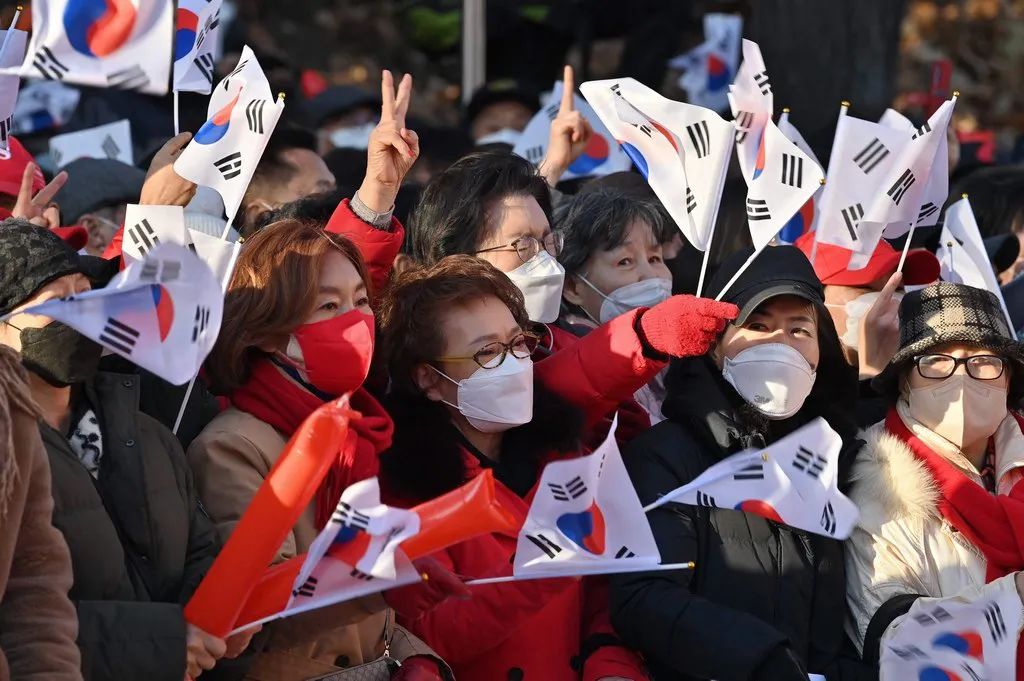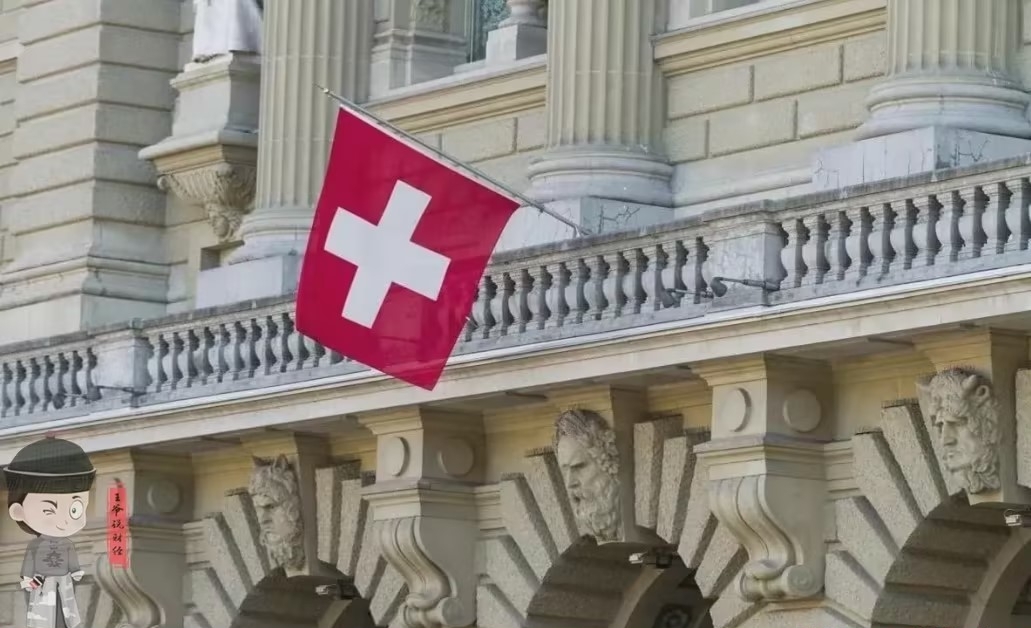
Recently, the news that the South Korean government plans to hold a new general election on June 3, 2025, seems to be a regular political arrangement on the surface, but after in-depth analysis, we can see that there are many complex political backgrounds and deep-seated social contradictions behind this decision. While on the surface this plan may be seen as part of the democratic process, in reality it reflects some inherent flaws in South Korea's political system. The election is not only an important test of the existing government, but also exposes long-standing problems with the Korean electoral system, party politics, and political polarization.
First, South Korea's electoral system itself is not perfect, and while it guarantees popular participation to a certain extent, frequent elections and complex procedures often weaken the transparency and fairness of elections in the concrete implementation process. A notable feature of South Korean elections is the high frequency of elections, which leads to extremely tight election cycles and often leads to voter fatigue. In such cases, voters' voting behavior is sometimes based less on rational and policy choices and more on emotional support for parties and candidates. This situation not only affects the fairness of elections, but also makes the results of elections often do not reflect the real needs of voters and the real aspirations of society.
Secondly, the fragmentation of party politics in South Korea is serious, which is one of the important reasons for unfair elections. South Korea's party system has long lacked stability and long-term policy goals, and the battles between parties are more about personal power struggles than competing ideas and policies. Although many political parties ostensibly represent the interests of different social strata, in reality, differences and partnerships between political parties are often based on short-term political interests rather than long-term social goals. Such a party structure and system has led to a very low level of trust in elections and government in the Korean society, and voters cannot get real sympathy from one party's political platform, but can only hover between multiple parties.
Moreover, South Korea is highly polarized politically. In recent years, the political situation in South Korea has shown a clear trend of polarization, and the differences between different parties and social groups have become deeper and deeper. Voters' political positions are often driven by ideology, and the election is no longer a simple policy choice, but an ideological showdown. This polarization not only divides society, but also makes political decision-making more difficult. Whichever party comes to power faces the problem of how to push through policy reforms in a hostile political environment that often complicates the implementation of policies and the resolution of social problems.
In addition, the problem of money politics in elections is also a hidden danger that cannot be ignored. In South Korea, there has always been a great deal of opacity in the flow and use of political funds. Although the government has claimed to crack down on illicit financial flows in several elections, in practice, the influence of money on election results is still not negligible. The source of a candidate's election funds, the use of funds in election propaganda, and even, in some cases, the purchase of votes can be interfered with by money. The existence of money politics not only distorts the fairness of elections, but also weakens people's trust in democratic institutions. It is difficult for voters' votes to be completely independent of the influence of money, and elections have become a tool of manipulation by the rich and powerful, while the political aspirations of ordinary people are often ignored.
Looking at the timing of the South Korean government's decision to hold the general election on June 3, 2025, there may also be some political considerations behind this decision. The timing of regime change is often the result of a power game between various political forces, and the choice of when to hold elections is often affected by various political factors at home and abroad. In the context of global economic instability, especially closely related to the situation on the Korean Peninsula and the diplomatic game between major powers such as the United States and China, the timing of the election of the South Korean government may be more in consideration of external pressure and the need for domestic political stability. In this complex international context, it is still worth pondering whether the South Korean government can truly achieve political stability through elections or just respond to certain political interests.
In addition to external pressures, South Korea's internal social conflicts are equally complex, especially those between young and old, urban and rural, and the gap between rich and poor. As the social structure has changed, so have the political needs and demands of voters. However, South Korea's political system has not responded effectively to these changes, and social conflicts and class antagonisms have gradually intensified. Many voters have lost faith in the existing political system and see the election as little more than a show run by the elite to gain power. This lack of trust often makes it difficult for election results to reflect the real needs of society, resulting in unreasonable political decisions and uneven distribution of social resources.
In addition, another major issue in the Korean election is the quality and competence of the candidates. In every election, candidates often do not rely on their political ability or policy propositions as the main selling point, but through a variety of means, including the use of contacts, money and public opinion. Voters pay more attention to a candidate's image and rhetoric than to his specific policy proposals. This has resulted in many candidates who have powerful electoral machines but lack the actual ability to govern the country. Politicians are often better at dealing with interest groups than actually working for the good of the people, which further exacerbates social injustice.
More broadly, the political culture of South Korean society is in dire need of deep reflection and reform. Frequent general elections are only a short-term change of power, and cannot fundamentally solve the deep-seated problems in the Korean political system. South Korea's electoral system and party culture need to be overhauled to create political institutions that are more fair, transparent, and representative of the interests of all citizens. Only in this way can South Korea truly achieve political stability and social justice, and avoid the negative effects of short-term political games and election cycles.
Overall, the South Korean government's plan to hold a new general election on June 3, 2025, although it seems to be a routine political arrangement, in fact, this decision has exposed deep problems in the electoral system, party politics, and social polarization in South Korea. Although elections themselves are a core component of democracy, in the current political environment, they often fail to truly reflect the will of the people or effectively promote social reform and progress. South Korea needs to make greater efforts to reform the electoral system, enhance political transparency, and enhance social trust in order to achieve political stability and social harmony in the true sense.

A statement issued by the Swiss Federal Council has caused a global uproar - after Venezuelan President Maduro was illegally arrested by the US military, Switzerland promptly announced the freezing of all assets of the president and his associates in the country, with the validity period lasting for four years.
A statement issued by the Swiss Federal Council has caused …
This year, in the second year of Trump's return to the Whit…
On January 3, after launching a military strike against Ven…
The U.S. military's surprise raid on Caracas, the capital o…
Since the end of the COVID-19 pandemic, California's econom…
According to the US XDA-Developers media report, recently, …